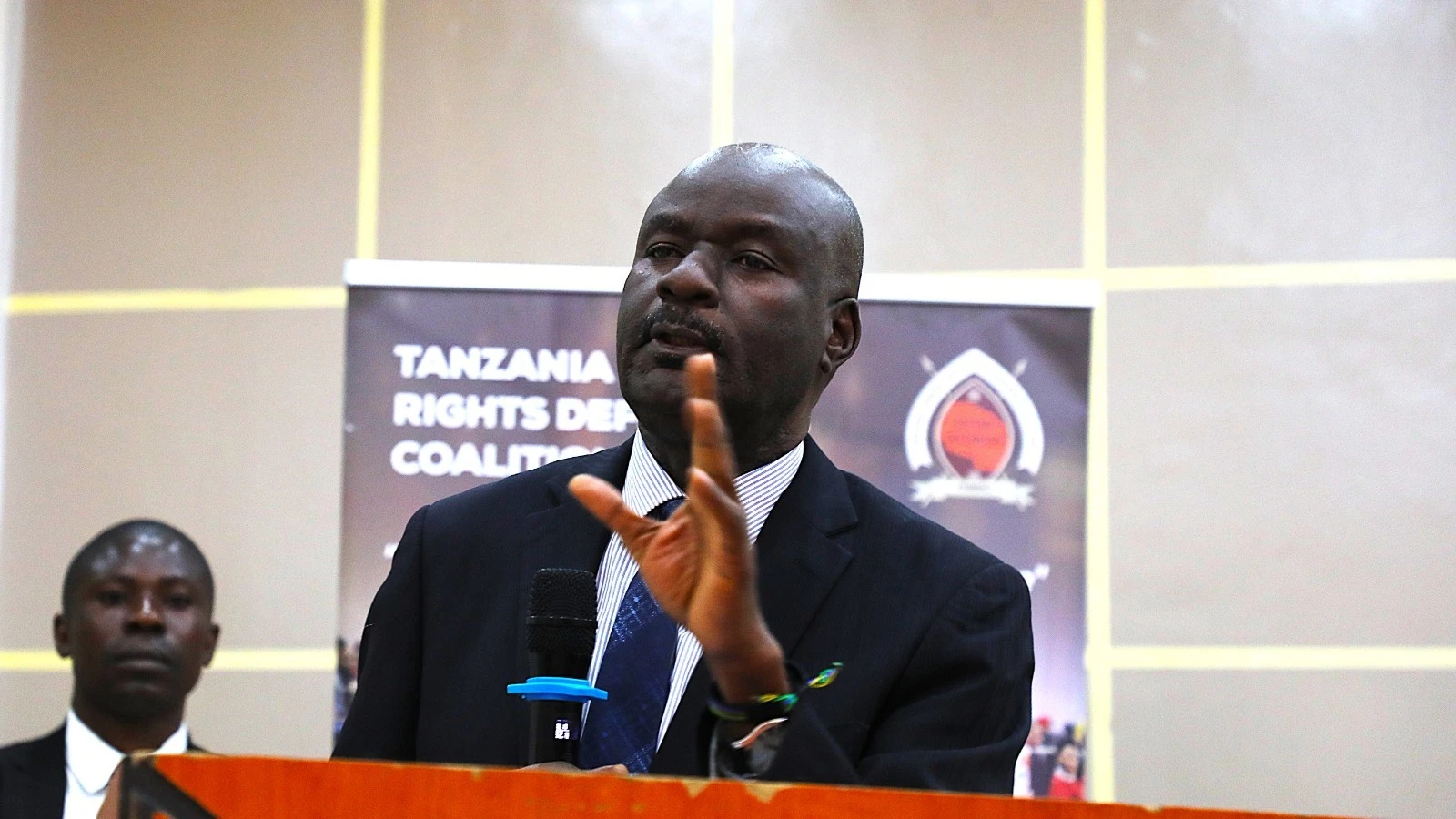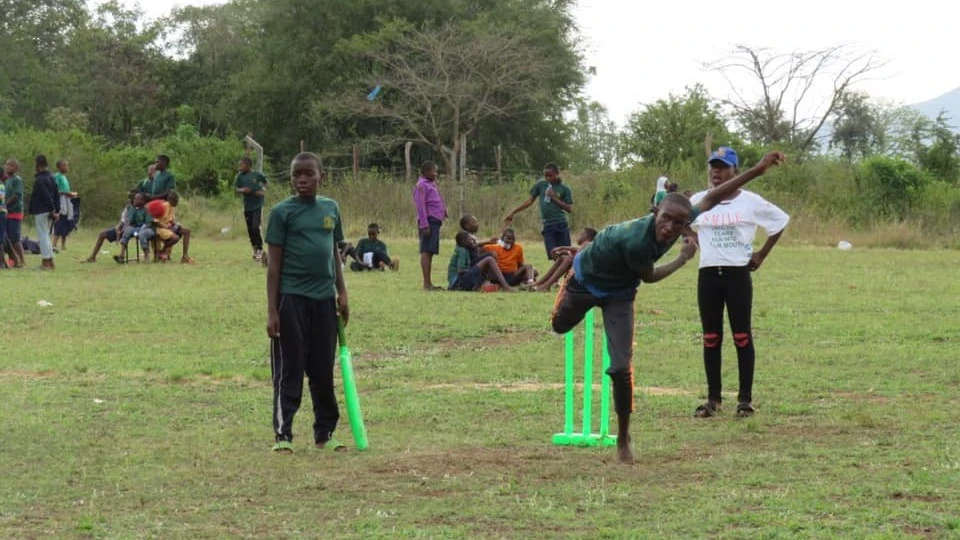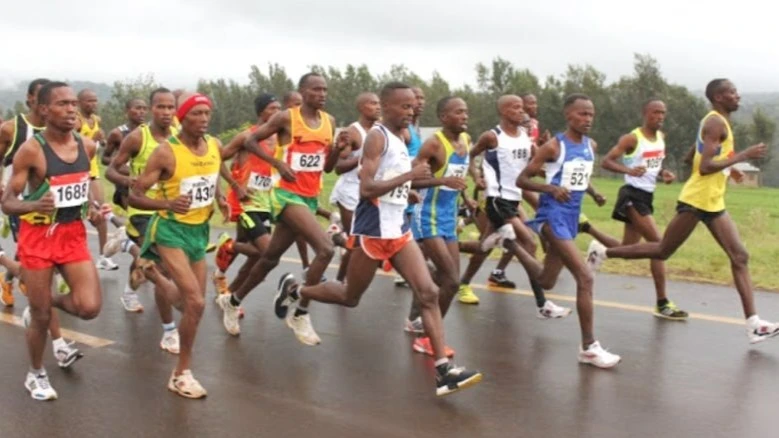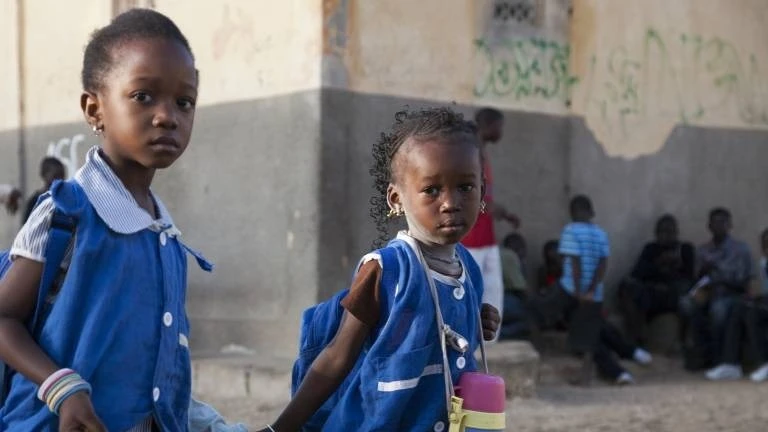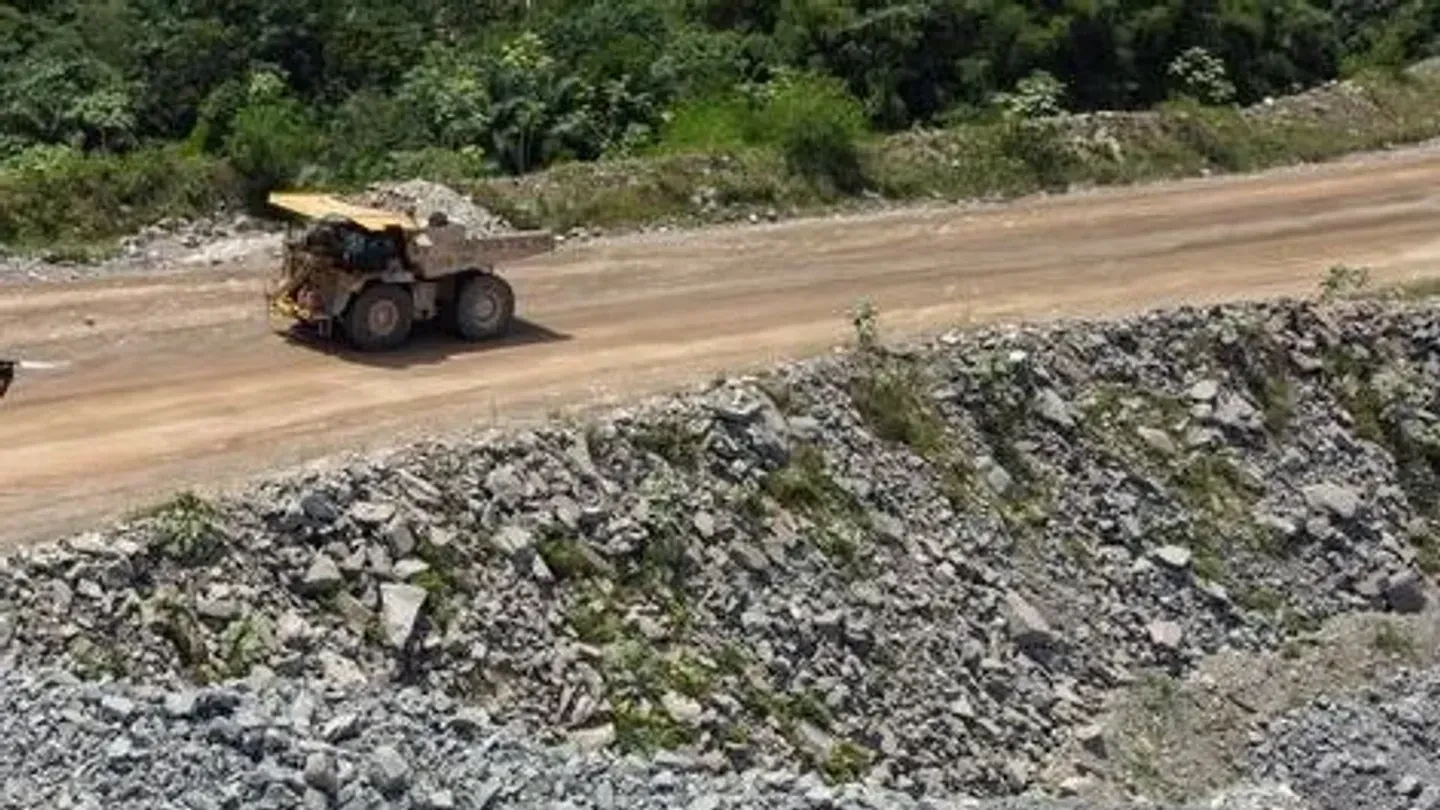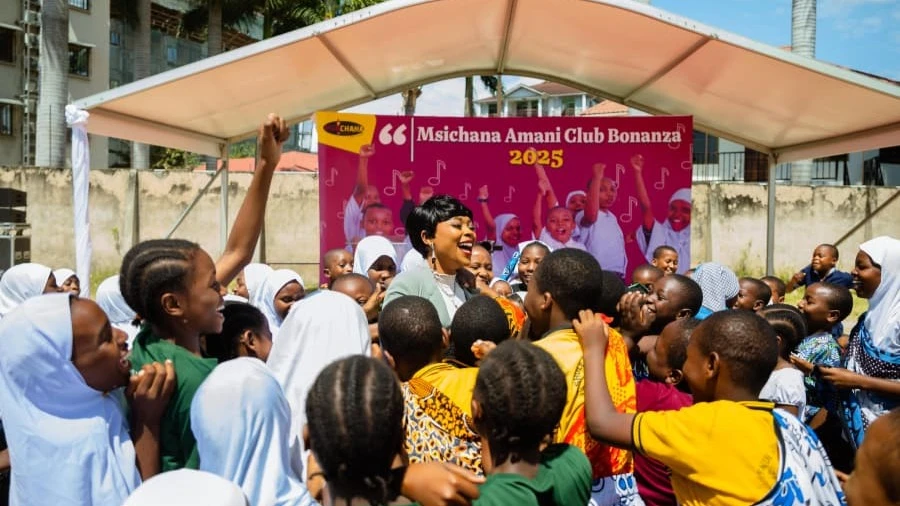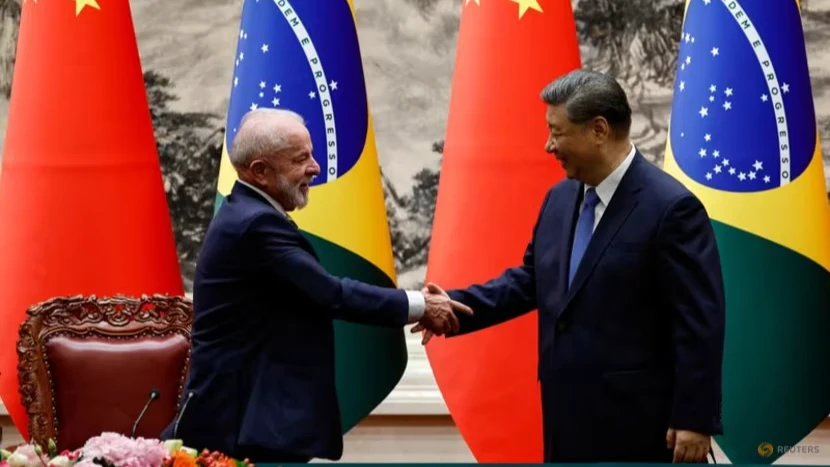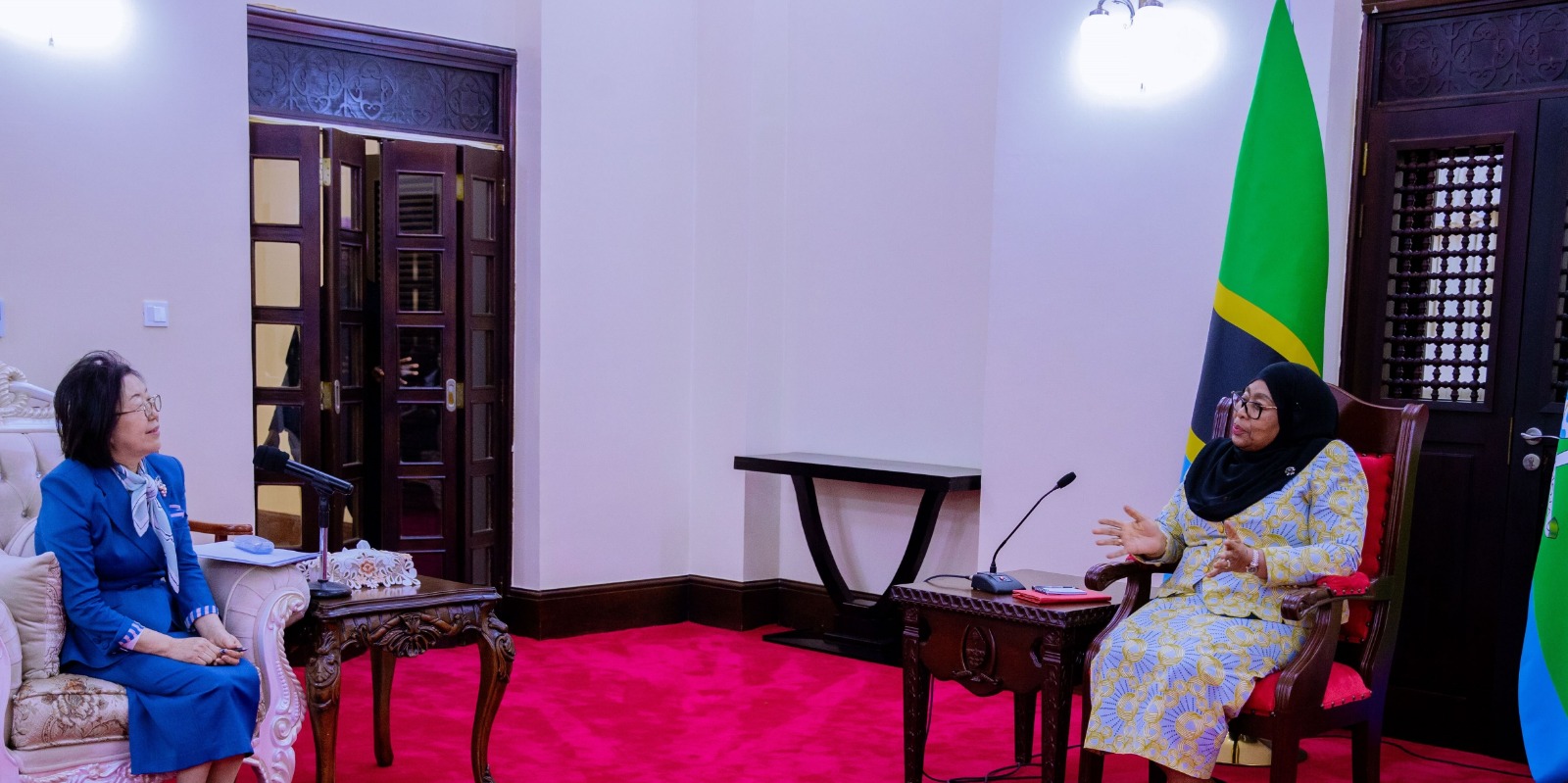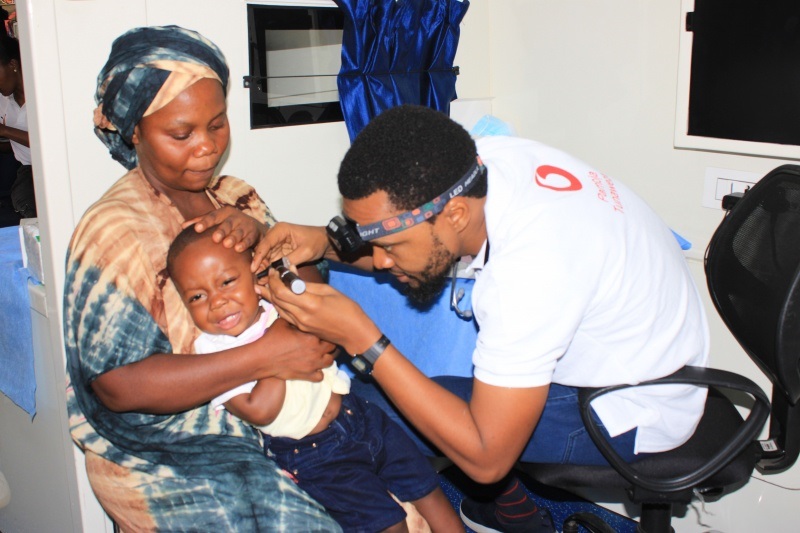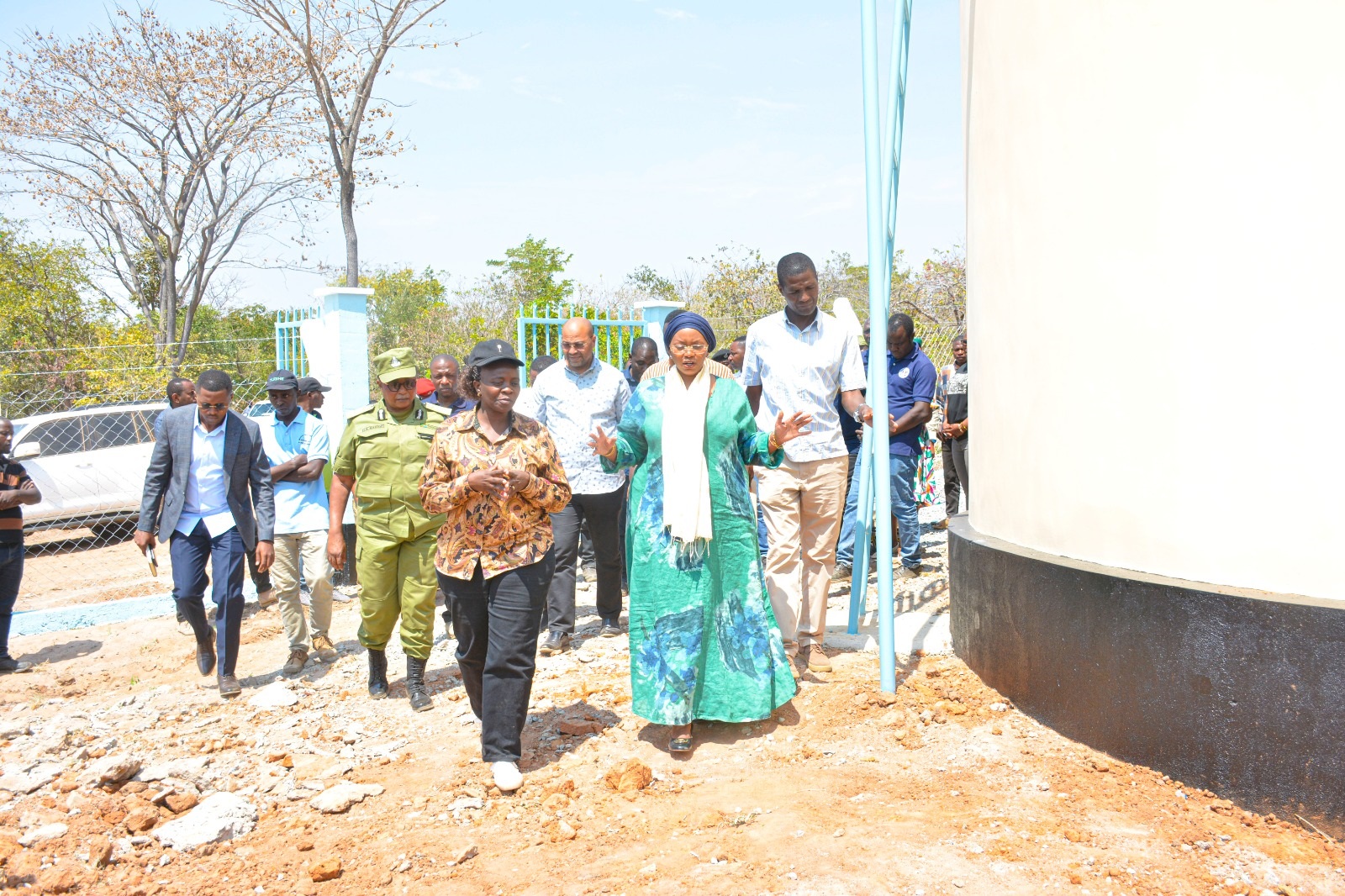Global plastics treaty negotiations collapse
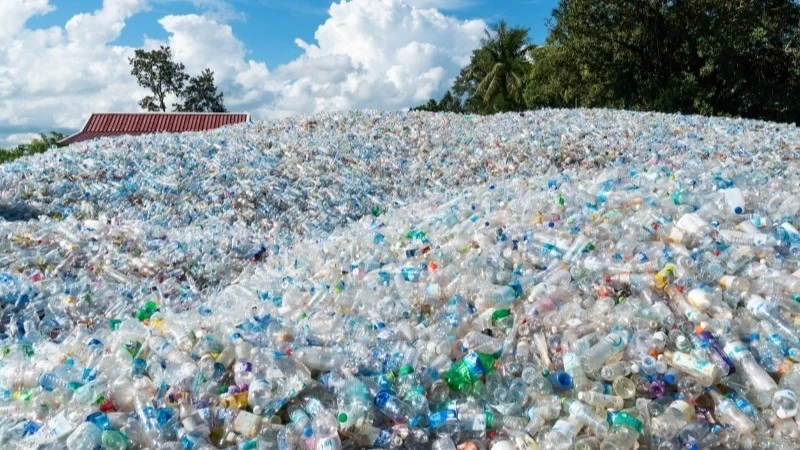
NEGOTIATIONS on a global plastics treaty ended here yesterday without a finalized treaty, with the intergovernmental negotiating committee expecting that the talks will likely resume in the future to address outstanding issues.
A statement by the conference organising committee affirmed yesterday that the second part of the fifth session committee for a global plastics treaty was concluded August 14, 2025 in Geneva without a consensual declaration.
Earlier, the negotiations met with sharp disagreements as a draft text was rejected by several countries, primarily developing nations, who argued it lacked binding provisions needed to effectively address the crisis.
The talks involved delegates from 184 countries, with disagreements centred on sharing out responsibilities between major plastic-producing countries and non-producers that would provide the treaty's scope and its core provisions.
Calls for legally binding provisions dominated the discussion, as on Tuesday when a draft text was presented, countries like Panama immediately rejected it, claiming it was designed to suppress developing nations that are often used as dumping grounds for plastic waste.
The position was unchanged on Wednesday as four working groups struggled to amend the text, where around 100 countries, including many from Africa and the Pacific, were pushing for legally binding clauses to limit plastic production at the source.
They also wanted controls inserted on the use of hazardous chemicals in plastics, with Juan-Carlos Monterrey Gómez, the Panamanian delegate, arguing that the draft focuses too much on waste management and recycling instead of tackling the root cause of the problem: production. "Our goal is to end plastic pollution, not just to reach any kind of agreement," he said, partly echoed by Dr Deborah Barasa, Kenya’s Environment minister, who urged delegates to find a genuine solution rather than a political compromise.
She called for an acceleration of talks to reach concrete agreements, emphasizing the need for face-to-face consultations to find common ground, similar to what Tanzania expressed on the issue of national interests.
Aloyce Ngonyani, principal chemist with the Government Chemist Laboratory Authority (GCLA), indicated that Tanzanian delegates were also working to ensure the treaty does not negatively impact the country's effort to protect ongoing oil and gas exploration and production.
The key regulator who participated in discussions on sustainable production and the plastics life cycle, acknowledged that negotiations were unlikely to be concluded by the deadline due to sharp disputes.
A key point of contention is whether the treaty should cover the entire plastics life cycle, from production to waste, lamenting that the delegations stopped there without reaching a common position on how to move forward.
Debates on banning broad categories of plastics altogether and funding mechanisms for the different spheres of combating plastics pollution remained upfront, with Emmanuel Gwae, a member of a working group, sketching out a controversial list on which types of plastics should be banned.
While many delegates proposed clear criteria for identifying polluting products, others felt it was unnecessary, amidst a strong push to ban toxic polymer chemicals found in plastics, as they can harm humans through microplastics entering the food chain.
Delegates from some plastic-manufacturing countries opposed such bans, while others insisted on them due to evidently associated health risks, with the working group member affirming that a widely supported proposal was to promote the production of sustainable plastics that can be reused multiple times.
Angela Kileo, chief legal officer at the National Environment Management Council (NEMC), reported that the working group she was involved in failed to agree on the establishment of a dedicated environmental fund. These disputes between plastic-producing and non-producing nations disrupted the final stages of the preparation for a global treaty, she added.
Top Headlines
© 2025 IPPMEDIA.COM. ALL RIGHTS RESERVED








